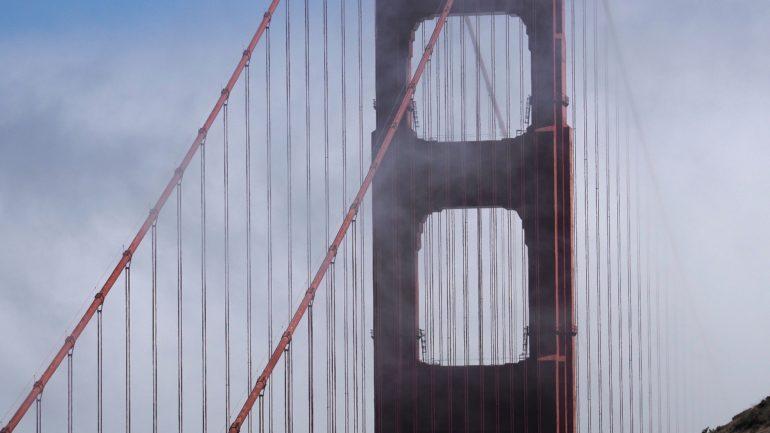KFOG, San Francisco’s Iconic Rock Station, Switching to Sports-Talk
By Variety Staff
LOS ANGELES (Variety.com) – The long-running San Francisco rock radio station KFOG will drop music and switch to sports and talk radio, parent company Cumulus Media announced yesterday.
On Sept. 6, the station, which the San Francisco Chronicle called “the last commercial relic of the free-form album-oriented FM rock radio that San Francisco was once known for,” will change its iconic call letters to become the FM band for KNBR, the AM sports and talk station, which is also owned by Cumulus.
“We are excited to bring KNBR, the Sports Leader and official home of the Giants and 49ers, to a wider audience of sports listeners in the Bay Area,” Doug Harvill, vice president of Cumulus San Francisco, said in a statement. “It’s never easy to say goodbye to a station, and we want to thank the staff, listeners and advertisers who together made KFOG the legendary and beloved station that so many of us in San Francisco had the opportunity to enjoy.”
Ironically, the announcement comes as KFOG is being honored as Legendary Station of the Year by the Bay Area Radio Hall of Fame.
The station launched in 1964 and switched from easy listening to rock in 1982, and became a local institution during its 1990s peak, with an annual music festival called Kaboom.
“What we had during the successful years was like lightning in a bottle,” said DJ Rosalie Howarth, who was with the station for 34 years. “It was almost a cultlike devotion. The listeners considered the station and the people on it to truly be their family. Once that is gone, you can’t buy it back for love or money. You can’t make it cool again.”
In an attempt to capture a younger audience, Cumulus fired all of its on-air hosts and switched formats in 2016 under morning drive DJ and former MTV host Matt Pinfield. The switch was not a commercial success.
“I’m sad because of the legacy of the call letters, but not surprised,” Rolling Stone vet and longtime San Francisco-based writer Ben Fong-Torres told the Chronicle. “It went after the younger listeners by trying to carbon-copy [local successful station] Live 105. It never worked and they lost all the Fogheads.”

